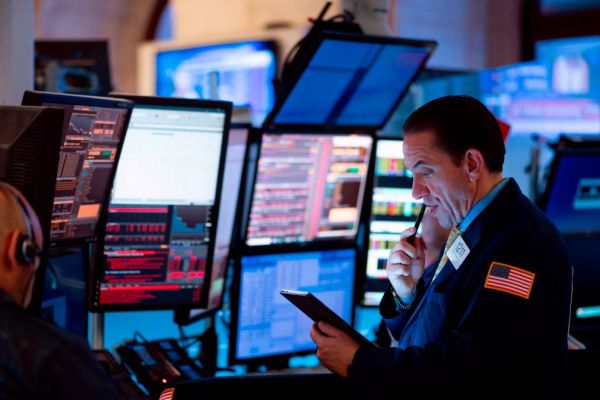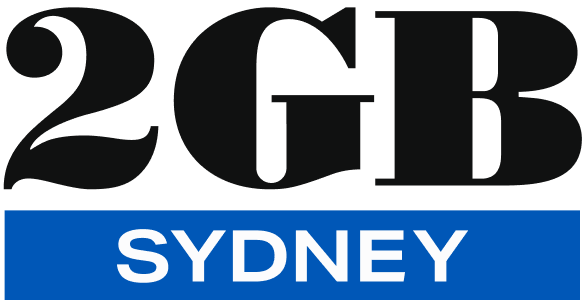‘Mix of confusion and fear’: Australian share market tumbles, losing $60 billion

The Australian share market has lost more $60 billion off the back of significant falls in the US and Europe.
Wall Street suffered its biggest drop of 2019, with the Dow closing 800 points down last night.
Heightened fears of a US recession triggered a sell-off across global markets.
The ASX 200 and the All Ordinaries Index had fallen 2.9 per cent by the market’s close.
Commsec’s James Tao says a slide in bond yields was the catalyst for the stock market decline.
Investors have fled to bonds so quickly that returns on short-term two-year bonds have risen above 10-year bonds for the first time since the global financial crisis in 2007 and 2009.
This inversion is widely viewed as a sign of recession but isn’t definitive.
The Australian share market opened at 10am, dropping two points.
Wilson Asset Management Portfolio Manager John Ayoub tells Ross Greenwood “today was a mix of confusion and fear”.
“Where the confusion came from is what caused the US sell-off, and the fear was driven by the US bond market suggesting that midterm we’re going to go into recession.
“Tonight is a very interesting night and probably a sleepless night for most people in money markets globally.”
Click PLAY below to hear the full interview
PIMCO Managing Director Robert Mead tells Ross it could be the early signs of a recession.
“Whether it is a 100 per cent chance of a recession coming, or whether it’s a growing chance, I think it’s very clear that as yield curves invert the possibility of a recession goes up.”
Click PLAY below to hear the full interview
Commsec Economist Tom Piotrowski tells Ben Fordham it’s an “aggressive sell-off”.
“What all this speaks to is the concerns the market has about slowing growth because of the trade dispute between the United States and China.”
Click PLAY below to hear the full interview
Image: Getty















